
Understanding Anosognosia: The Hidden Barrier in Dementia Care
When Memory Loss Becomes Invisible to Those Who Need Help Most

When Memory Loss Becomes Invisible to Those Who Need Help Most
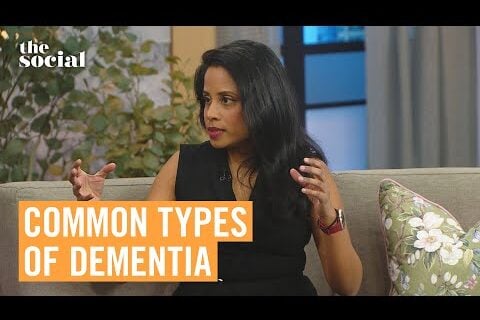
Why early warning signs matter more than most people realize.

Amyloid is one of the leading culprits behind Alzheimer’s. Scientists know it damages memory by killing brain cells. Now research reveals how amyloid triggers memory loss in perfectly healthy brain cells as well. Learn more about how Alzheimer’s develops.

The “glymphatic system” removes brain waste. It may be a powerful new target to treat Alzheimer’s. Learn why scientists believe Alzheimer’s may arise when the system is not doing its cleaning properly.
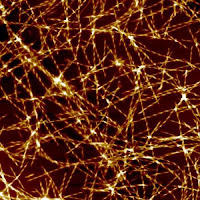
Plaques are the best-known Alzheimer’s culprit. Cambridge scientists have figured out the 7 steps to forming these plaques. Find out how targeting the formation of these “oligomers” may hold the key to a cure.

Ever walk into a room with some purpose in mind, only to forget what it was? It turns out, doors themselves are to blame for these strange memory lapses. Can this contribute to dementia’s wandering, confusion and problems with traveling?
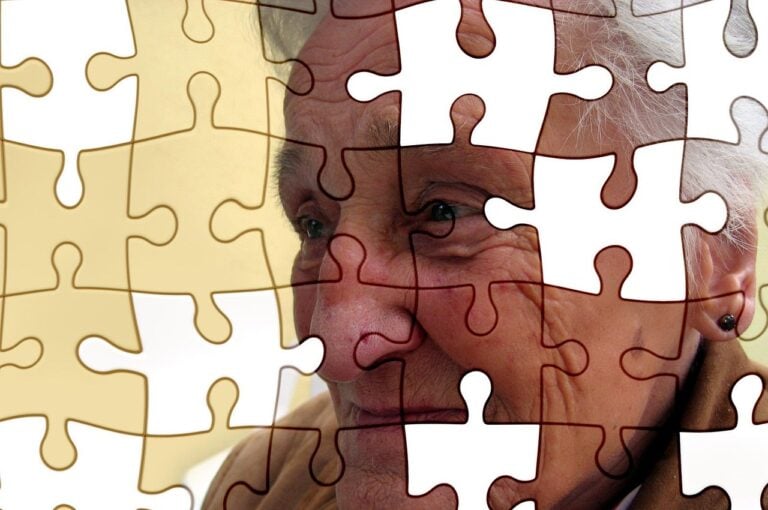
New research explains how to recognize “Rapidly Progressive Dementia”, why it often involves Alzheimer’s, and what faster change means for daily care and planning.
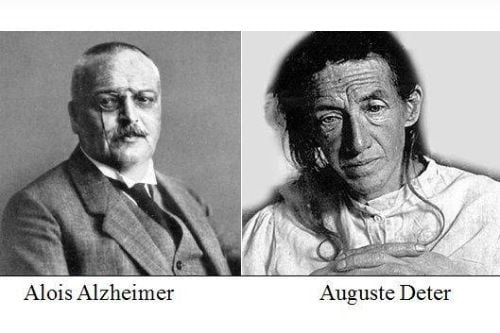
“She said, ‘I have lost myself.’ How did Doctor Alzheimer discover the heartbreaking disease of memory loss that bears his name?
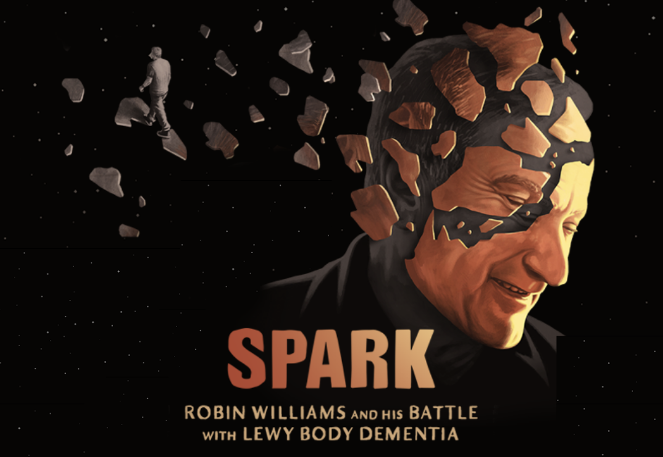
TRAILER: Robin Williams and his battle with Lewy Body Dementia.
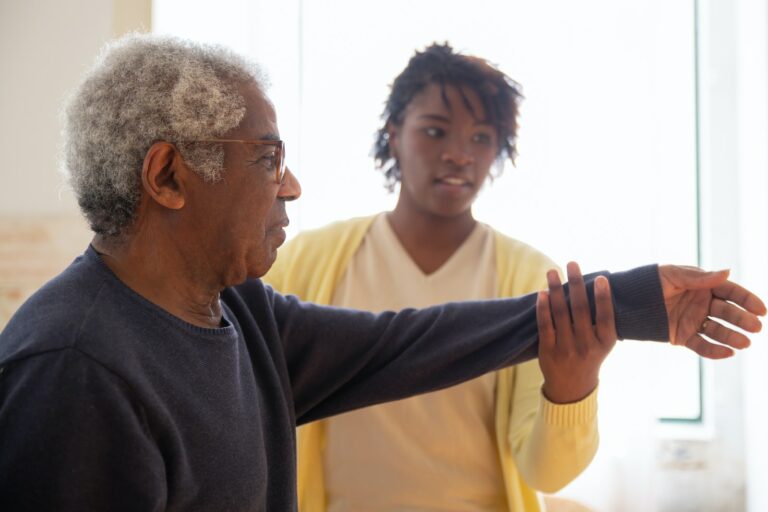
L.A.T.E.-Dementia is under-recognized, with a health impact as large as Alzheimer’s in very old people. It affects 25% of people over 85 and has nothing to do with the plaques and tangles that cause Alzheimer’s.

The antidepressant drug citalopram, also sold under the brand names Celexa and Cipramil, significantly relieves agitation in Alzheimer’s. Learn about the benefits and side-effects.
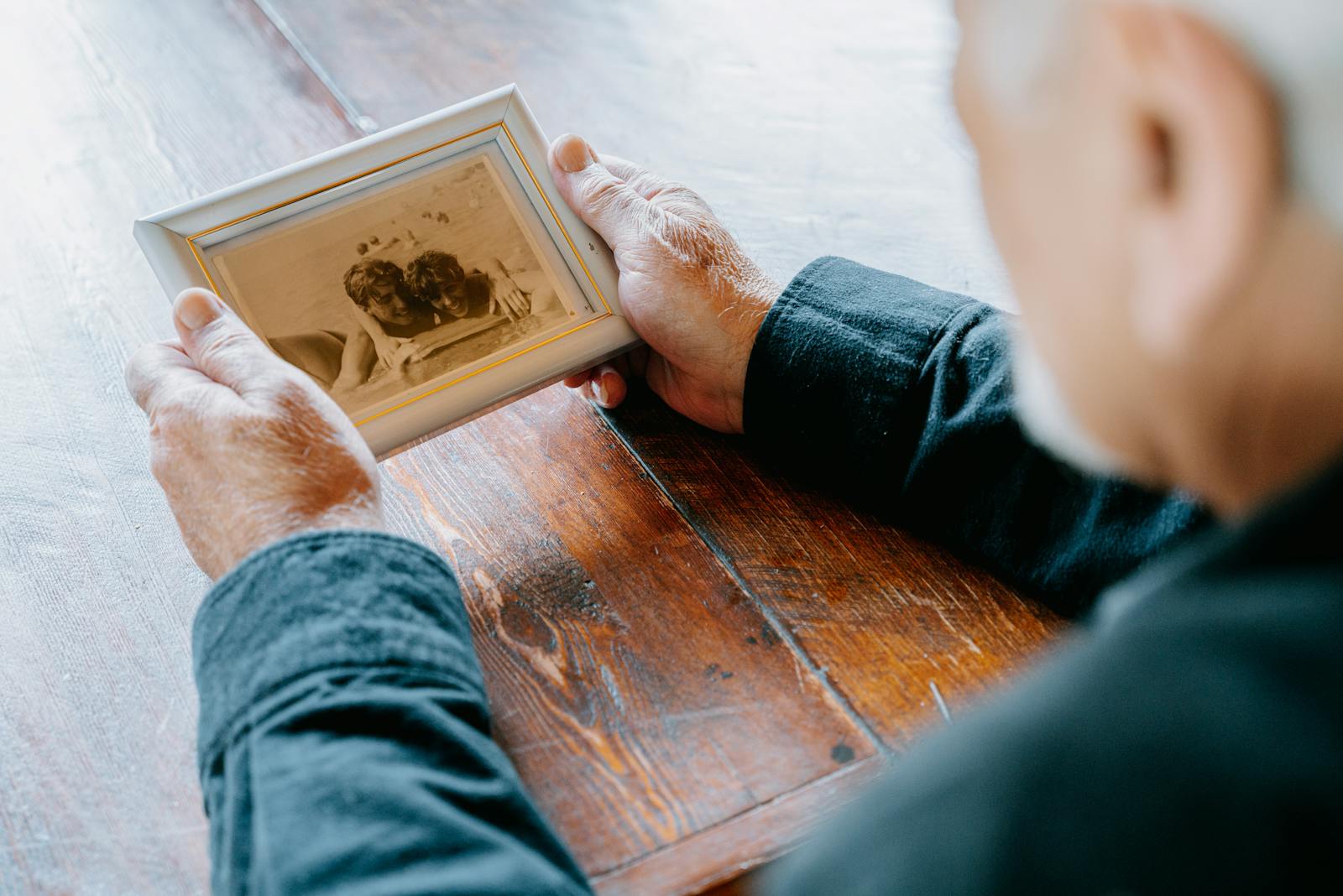
When Memory Loss Becomes Invisible to Those Who Need Help Most
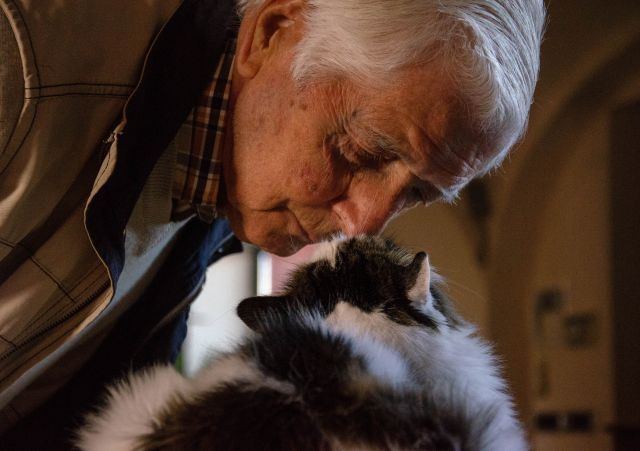
Researchers in Florida find that robotic pet cats improve mood, behavior and cognition in older adults with mild to moderate dementia. Find out more.

The antidepressant drug citalopram, also sold under the brand names Celexa and Cipramil, significantly relieves agitation in Alzheimer’s. Learn about the benefits and side-effects.

Researchers in Florida find that robotic pet cats improve mood, behavior and cognition in older adults with mild to moderate dementia. Find out more.

Ketone-rich diets increase the SIRT3 protein that protects neurons from death during the progression of Alzheimer’s disease. But how does it work? Find out more.

Memory failing? New research shows you may need help, but not for dementia. Memory slips, stress and fatigue are growing in people with healthy memory.
No spam, only news and updates.


